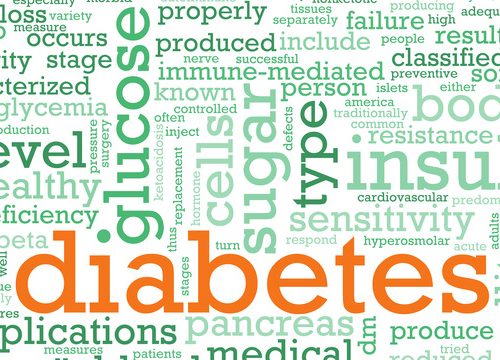A new study conducted by Italian and French researchers and published in the Annals of Oncology indicates there is no association between low-calorie sweeteners and cancer. The researchers evaluated a variety of studies between the years of 1991 and 2004. These studies assessed the relationship between low-calorie sweeteners and many cancers including oral and pharynx, oesophagus, colon, rectum, larynx, breast, ovary, prostate and renal cell carcinomas. The researchers examined the eating habits of more than 7,000 men and women in their middle ages (mainly 55 years and over). Based on the data evaluated, the authors noted, “In conclusion, therefore, this study provides no evidence that saccharin or other sweeteners (mainly aspartame) increase the risk of cancer at several common sites in humans.”
“This study further confirms what we have known for years – low-calorie sweeteners are safe and beneficial,” noted Lyn Nabors, President of the Calorie Control Council. “While it is well established that being overweight increases the risk of developing certain types of cancer, low-calorie sweeteners and the products that contain them have been shown to be helpful in weight loss and control,” added Nabors.
According to the American Cancer Society aspartame does not cause cancer. Both the U.S. Food and Drug Administration (FDA) and the National Cancer Institute have examined the allegation regarding aspartame and human brain tumors and concluded that aspartame does not increase the incidence of brain tumors. A recent epidemiology study from the National Cancer Institute confirms previous study conclusions that there is no link between aspartame consumption and leukemias, lymphomas and brain tumors. The study evaluated over 500,000 men and women between the ages of 50 and 69 over a five-year period. The researchers found that there was no evidence of an increased risk of leukemias, lymphomas and brain tumors among those who use aspartame.
Aspartame is composed of two amino acids, aspartic acid and phenylalanine, as the methyl ester. Amino acids are the building blocks of protein. Aspartic acid and phenylalanine are found naturally in protein containing foods, including meats, grains and dairy products. Methyl esters are also found naturally in many foods such as fruits and vegetables and their juices. The body handles the components from aspartame in the same way it handles them when derived from other foods, thus there is no reason why aspartame would cause cancer.
Aspartame is approved in more than 100 countries around the world and has been reviewed and determined safe by the FDA, the Joint Expert Committee on Food Additives (JECFA) of the World Health Organization, the Scientific Committee for Food of the European Union and many other health and regulatory bodies.



